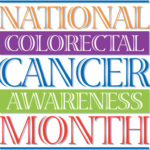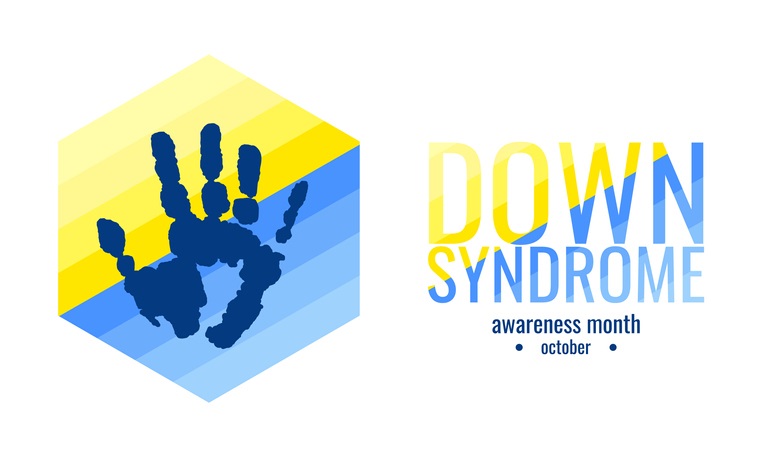March is Colorectal Cancer Awareness Month
In February 2000, President Clinton dedicated March as National Colorectal Cancer Awareness Month. Colorectal cancer is one of the leading causes of death in the United States today. It is estimated that 140,000 people are diagnosed with this type of cancer each year and about 50,000 die from the disease.
The good news is that the disease is highly preventable by getting a regular screening. The reason that the screenings are so important is because if precancerous polyps are found early, they can be removed and treatment can be started early.
Risk factors for colorectal cancer include:
• Family history
• Precancerous polyps
• Smoking
• People over the age of 50
People who have diets high in red meat and processed meat.
It is important to be checked regularly as people get older. For many people who don’t have a family history of colorectal cancer or experience symptoms of the disease, screenings can be started at age 50. If however there is a family history or symptoms exist, screenings should start by age 40 without symptoms or earlier if there are.
Screening for colorectal cancer can be done in several ways. Some of the more common methods include:
• Checking the stool for occult blood by either a high sensitivity guaiac fecal occult blood test or fecal immunochemical test
• CT colonoscopy
• Colonoscopy
• Sigmoidoscopy
If there is blood present in the stool, or you are experiencing unexplained abdominal pain or weight loss you should consult with your physician immediately. If you would like to schedule an appointment with a physician at Flushing Hospital, please call 718-670-5486.
All content of this newsletter is intended for general information purposes only and is not intended or implied to be a substitute for professional medical advice, diagnosis or treatment. Please consult a medical professional before adopting any of the suggestions on this page. You must never disregard professional medical advice or delay seeking medical treatment based upon any content of this newsletter. PROMPTLY CONSULT YOUR PHYSICIAN OR CALL 911 IF YOU BELIEVE YOU HAVE A MEDICAL EMERGENCY.






 Streptococcus B is a type of gram-positive bacterial infection that is commonly found in the intestine, the vagina, and the rectal area of women. It can affect newborns as well as adults. Most pregnant women who carry this infection don’t have any symptoms. It is transmitted during childbirth to the newborn as it passes through the birth canal. It is also a leading cause of sepsis and meningitis in newborns.
Streptococcus B is a type of gram-positive bacterial infection that is commonly found in the intestine, the vagina, and the rectal area of women. It can affect newborns as well as adults. Most pregnant women who carry this infection don’t have any symptoms. It is transmitted during childbirth to the newborn as it passes through the birth canal. It is also a leading cause of sepsis and meningitis in newborns.
